Managing fat, oil and grease in your business
As a food service establishment (FSE), it's your responsibility to make sure that fat, oil and grease is disposed of properly.
What's the law around fat, oil and grease?
Blockages from fat, oil and grease can cause flooding on your premises, costly repairs, and potential closure while the blockage is dealt with.
Not only this, but you could also risk prosecution if your business doesn't get rid of it correctly.
Businesses are required by law to make sure their waste does not block or damage the sewer network, under Section 111 of the Water Industry Act 1991.
The Building Regulations (page 14) also state that FSEs (Food Service Establishments) should have a grease separator fitted to drains serving kitchens, or other effective means of removing grease.
Our Network Protection Enforcement Officers inspect food business kitchens to make sure fat, oil and grease are being disposed of correctly.
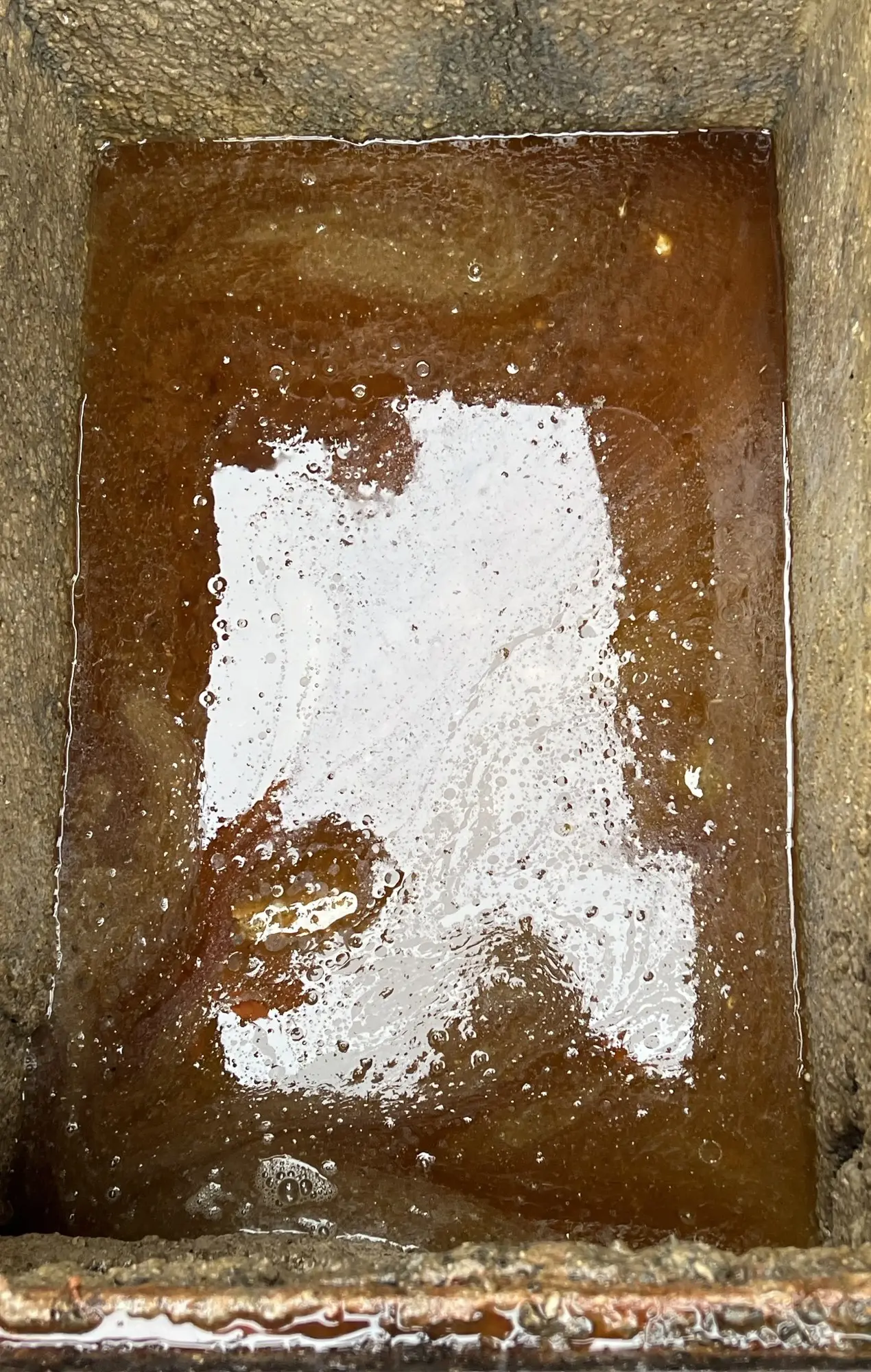
Advice for managing fat, oil and grease in your business's kitchen
Here are some of the protective measures you should take to avoid damage caused by fat, oil and grease.
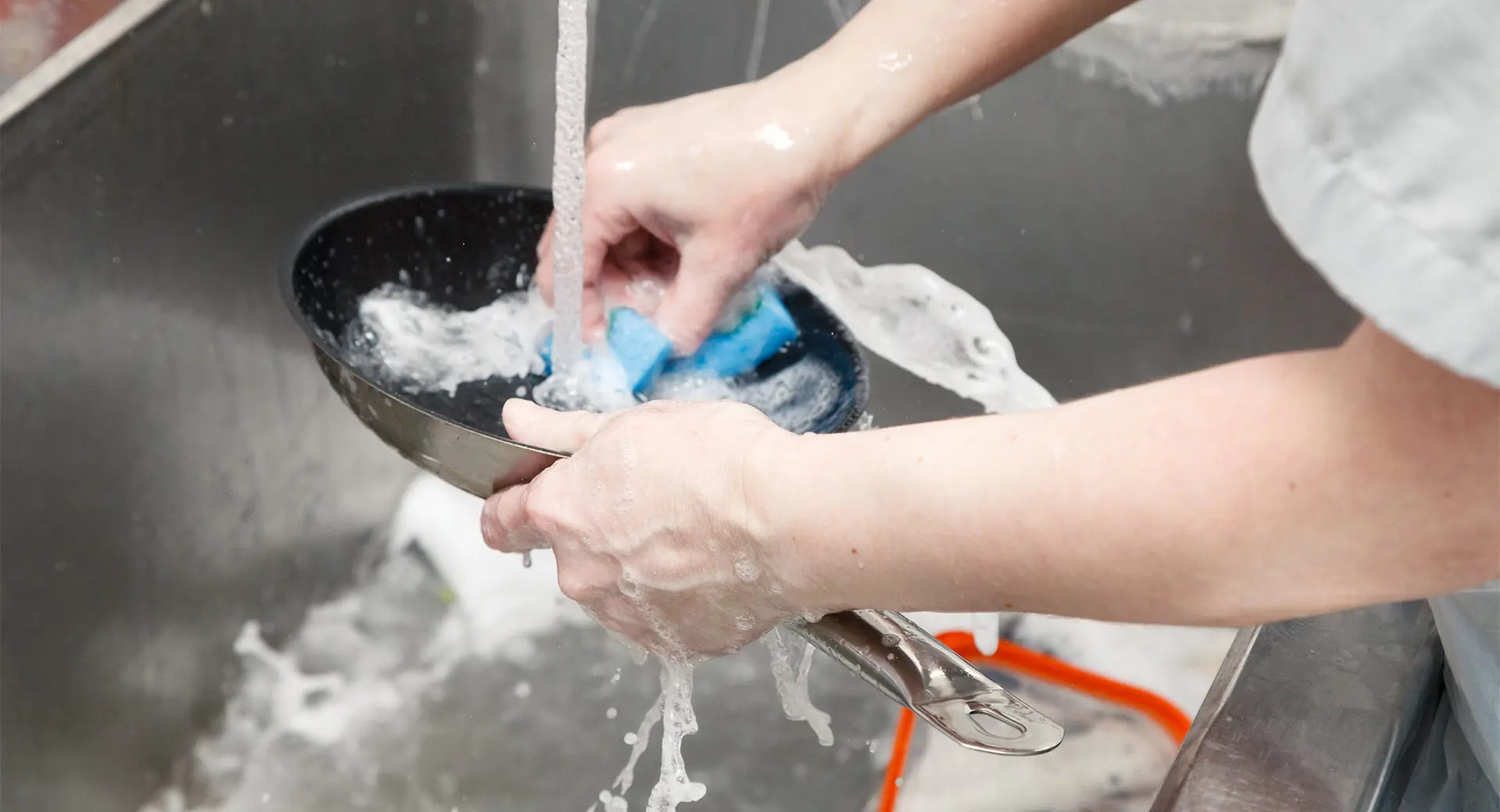
Install FOG management systems
Installing equipment, such as grease separators, can help to stop fat, oil and grease from entering the sewer network. These should cleaned and maintained on a regular basis.
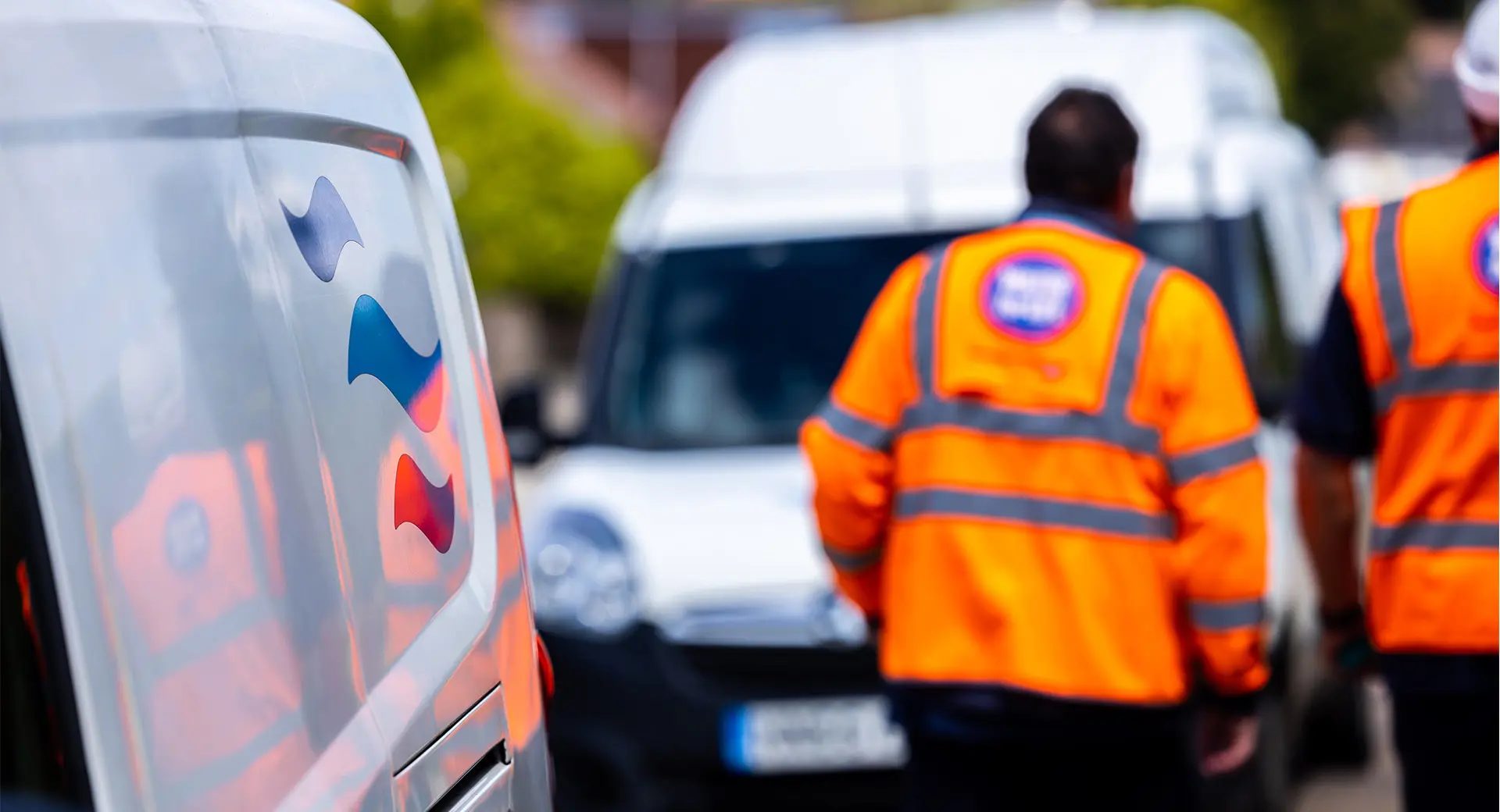
Staff training
Regular staff training on how to safely and properly dispose of FOG including how to use equipment will help prevent blockages.
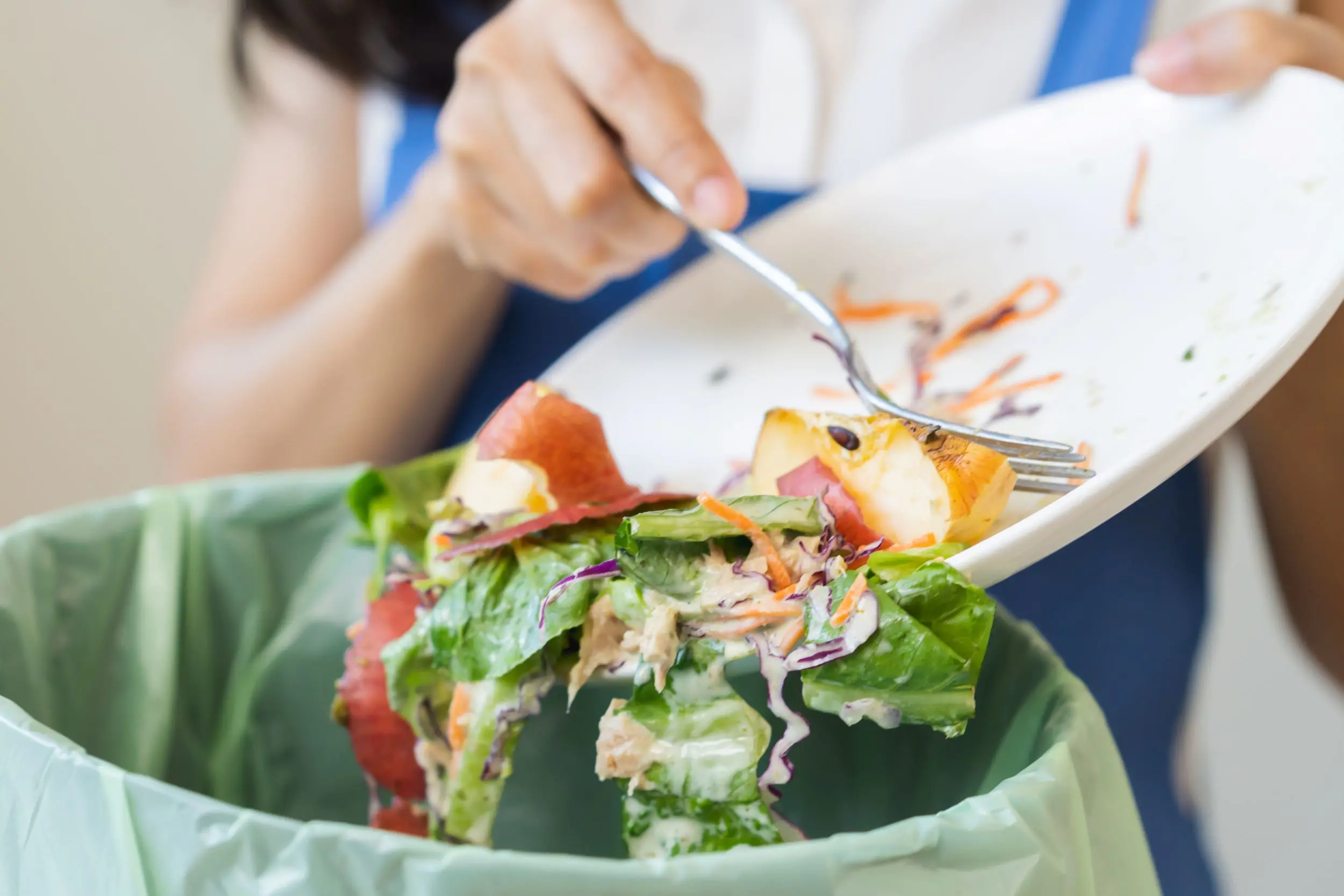
Put all food waste in the bin
Scrape waste from plates, pans and utensils into a food waste bin before they reach the wash-up area.
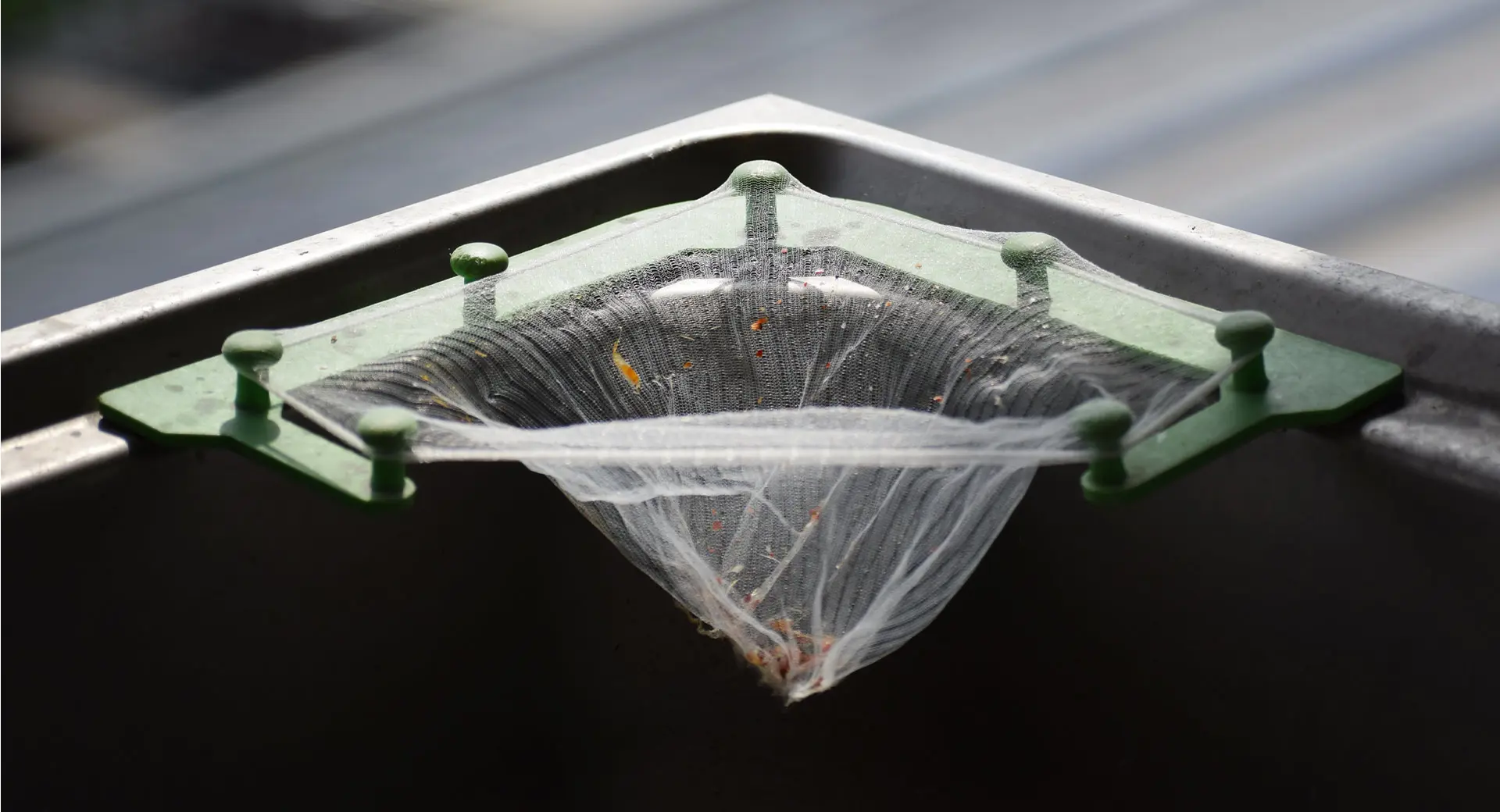
Use sink strainers
Putting sink strainers in your kitchen plug holes can help catch smaller food particles.
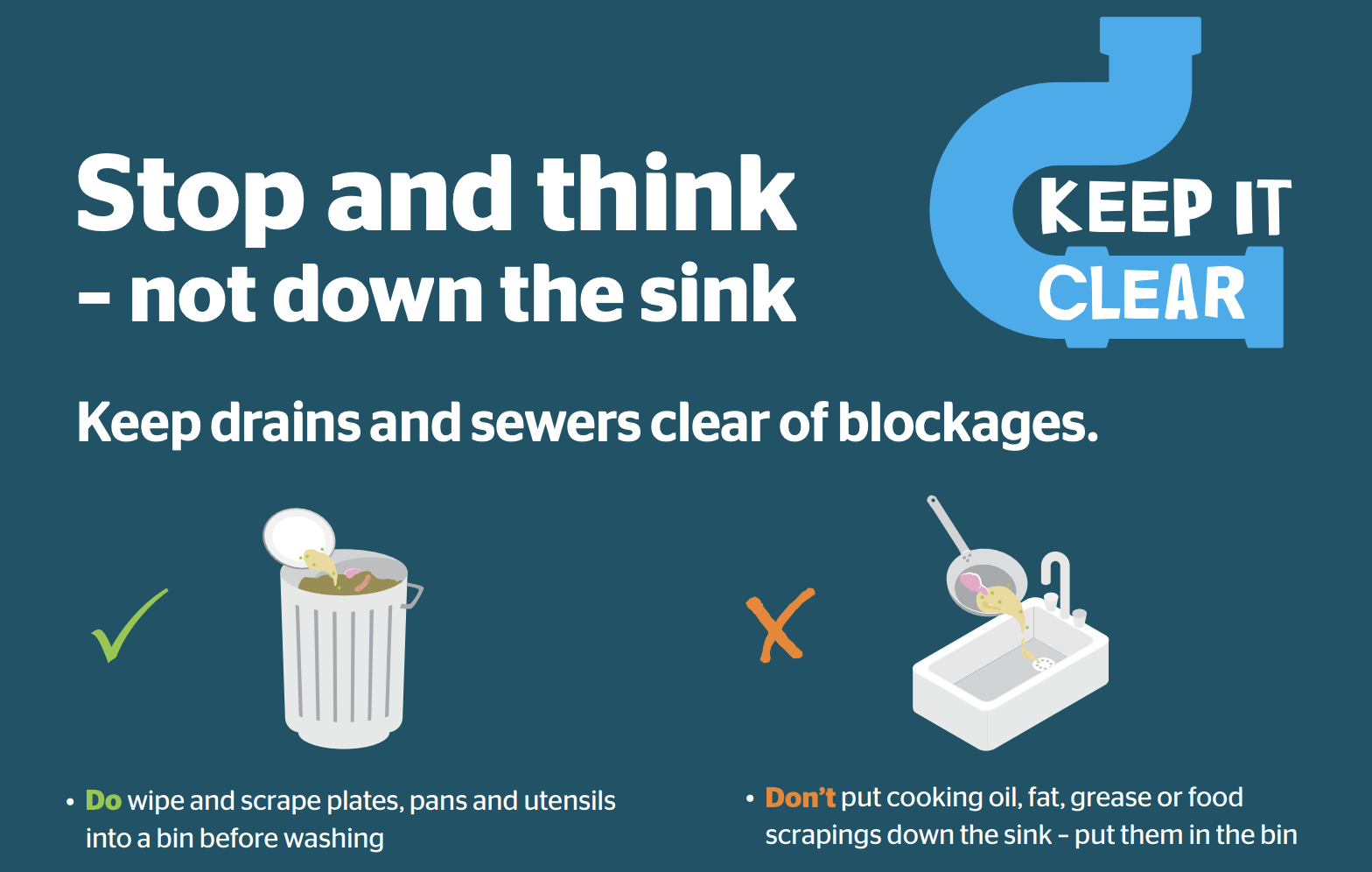
Further information
Download our leaflet for more information and tips for managing fat, oils and grease in your kitchen.
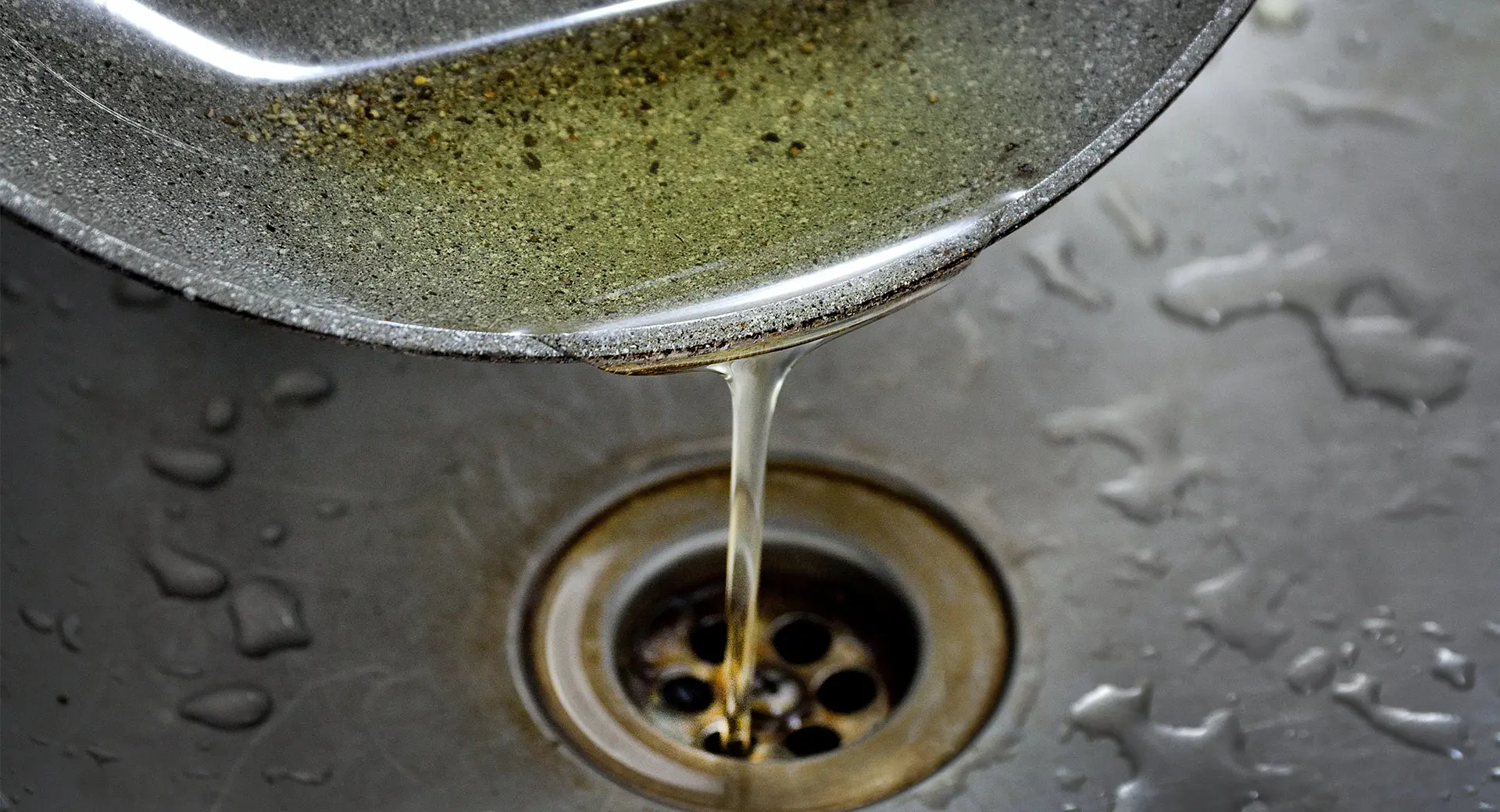
Continue best practice at home
3,000 homes are flooded in the UK each year because of blockages. Learn how to prevent them in your home.
Could you turn your kitchen waste into fuel?
Fat and oil can be recycled to produce fuel, which can then be used to generate electricity. Many companies offer a free fat and oil collection service. Just make sure the company you use is registered as a waste carrier with the Environment Agency.
New food waste regulations introduced in 2023 class fat, oil and grease as food waste which can be collected by local authorities to be turned into energy. Ask your local authority about collections in your area.
In addition, several of our sites accept a range of commercial, non-hazardous, liquid waste.
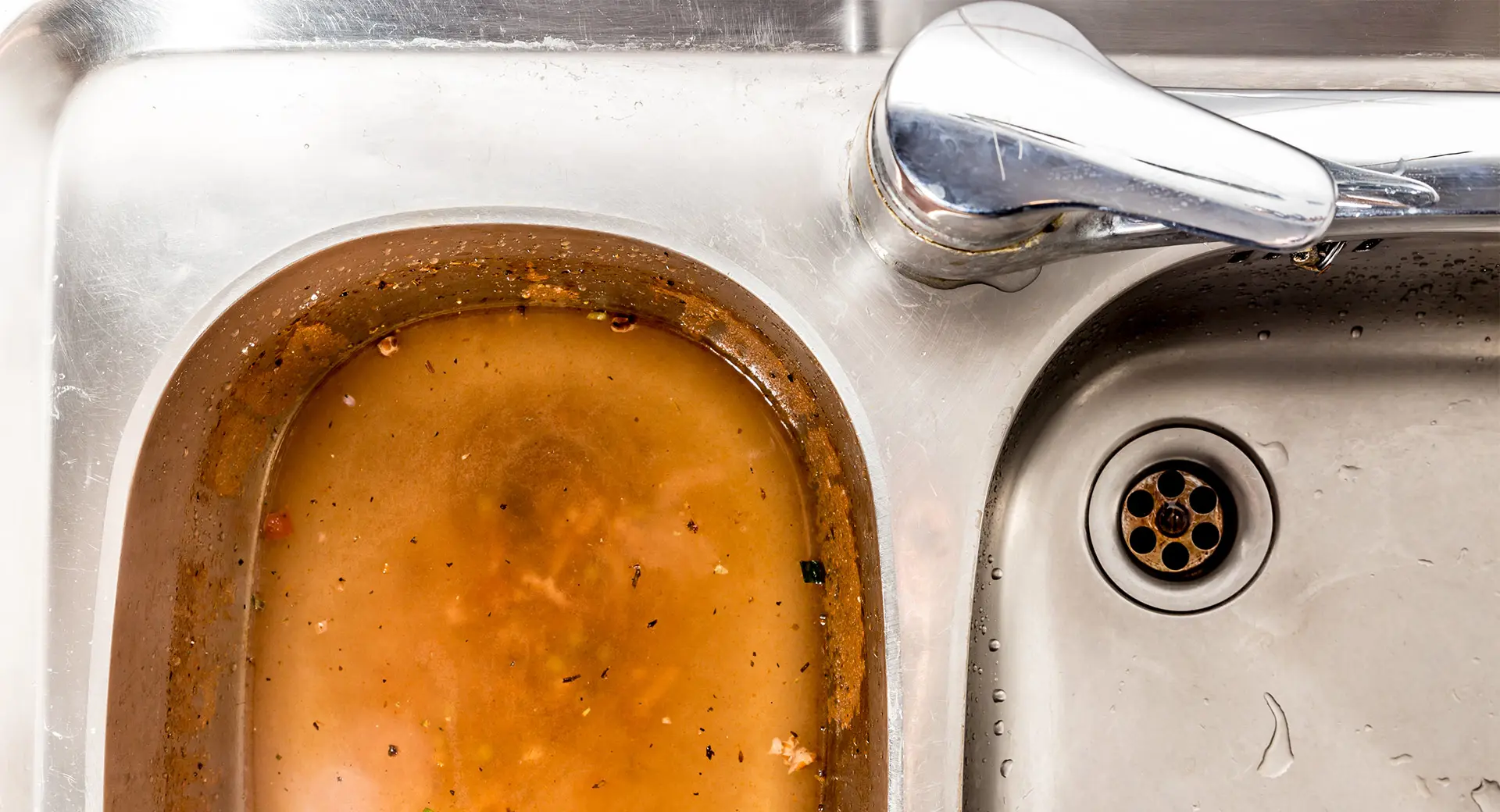
You may also be interested in...
Did you find the information you are looking for?





